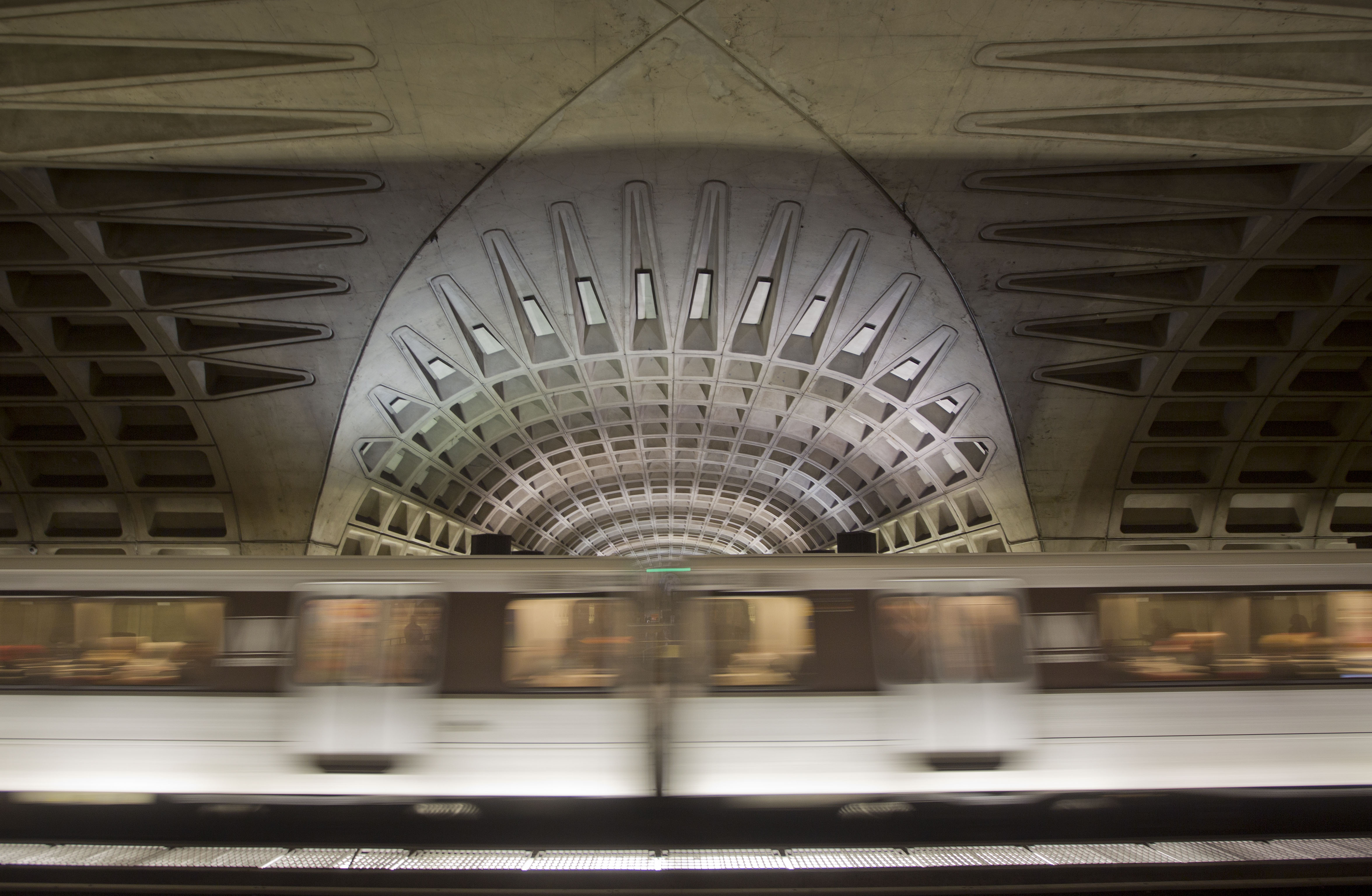WASHINGTON – Metro riders will pay full fares over the next year — even as parts of the system face weeks of single tracking and five stretches of track are shut down for long periods.
The Metro Board of Directors took no action Thursday at its final meetings before the plan begins next month on any changes to fares, and Board Chair Jack Evans says there will “not immediately” be any relief for riders.
“As this is a crisis situation in the bigger picture, I think the fare structure should be on the table as we talk about how to go forward,” Evans said Thursday.
“I think we have to do something dramatically different, but it takes money,” he added.
In the case of this nearly full year of 24/7 single-tracking work and shutdowns on top of regular track work, Metro General Manager Wiedefeld said he believes changing fares would cost Metro too much.
“The challenge there is we only get revenue from two sources there: it’s either the farebox or it’s the local jurisdictions … that would be the discussion,” he said.
Metro gets about half of its operating budget from passenger fares and parking fees, and a small portion from other sources such as advertising income.
The board finance committee did not discuss any potential fare changes during the service disruptions, but did vote Thursday to give Wiedefeld the authority to waive fares or parking fees “when faced with emergency conditions.” Wiedefeld says he sees the delayed vote as specifically for one-off instances such as this winter’s blizzard.
Wiedefeld waived fares across the system as service slowly returned that Monday, despite a lack of authority to do so. The Metro Board later approved the actions anyway.
Waiving or lowering fares in parts of the Metro system during the yearlong track-work plan would be complicated by antiquated fare infrastructure, but changes can be programmed if given enough lead time. Metro has canceled plans to upgrade its fare system.
At the announcement of his draft plan May 6, Wiedefeld argued that Metro will still be providing at least some way to get around the single tracking or shutdowns with the help of about 40 buses dedicated to shuttles or supplemental express service over the next year.
“We’re maintaining transit in the entire system,” he said then. “We still will be providing the base service, people have to make choices but we have to continue to provide the service just like it’s every day.”
In rolling periods, certain stations across the system will see significantly reduced train service, or only shuttle buses. Even if just a short stretch of a line is impacted, the work will have ripple effects on other lines on which trains share tracks.






